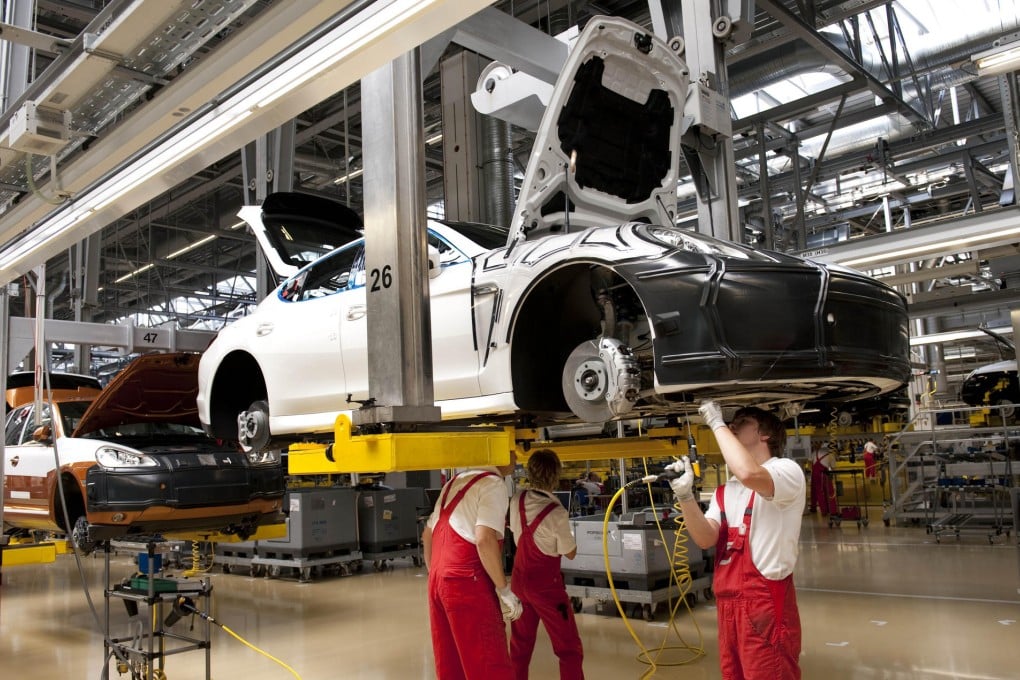Perspective: German vocational training model is worth studying

The effort to train our young is a major endeavour of society. Resources allocated to education have taken a big chunk of the government budget for years. We are told that about 18 per cent of our schoolleavers may enrol in universities. Others may go overseas or enter local community colleges, aiming to get into the university system a few years later. University graduates, for the most part, will end up with a white-collar job.
There are, however, many who cannot climb this ladder and can't even get into a community college. They will enter the workforce or a training institution - vocational education, as we call it.
Vocational education is like an out-of-favour child - it is not our main concern
Unlike university graduates, who are regarded as professionals, these students are labelled technicians, creating the gap between white-collar and blue-collar workers. University training draws public attention but vocational education is like an out-of-favour child - it is not our main concern. Even the media do not find technicians' stories worth telling.
But there are many who go down this route and turn out to be artisans and workers of all kinds, needed to help our society grow. Administrations since before the handover have all tried to assist them, without much success.
If we could somehow change their status, if we could better their living conditions, if we could break that wall between the professional and the technician and modify our educational system so that the two collars may be pulled together, we might benefit everybody. In this regard, the German education system might be a good reference.
The Germans set up a principle early on that allowed worker representatives to participate in the decision-making process of their company.
The worker-management community has been the norm in Germany since 1920. That gives German workers not only pride, but also a sense of professionalism. Workers are trained to be able to multitask, so they can move from one station to another as the foreman or manager sees fit.